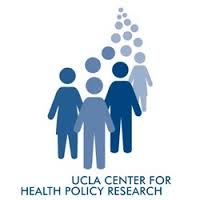PHC4 Reports on Hip and Knee Replacement Surgery
 The Pennsylvania Health Care Cost Containment Council has released a report on complications from hip and knee replacement procedures performed at Pennsylvania hospitals.
The Pennsylvania Health Care Cost Containment Council has released a report on complications from hip and knee replacement procedures performed at Pennsylvania hospitals.
The analysis looks at more than 56,000 procedures performed in 2013, quantifying complications, lengthy hospital stays, readmissions, and more.
Find the PHC4 report here.


